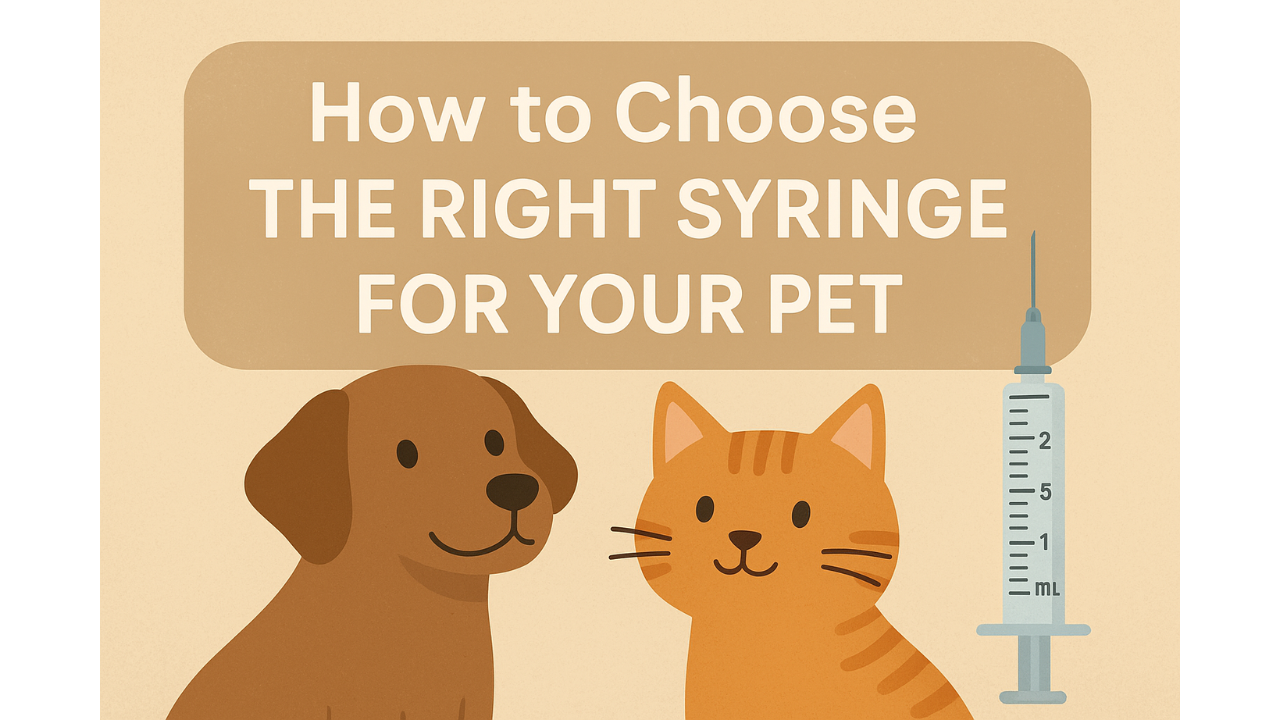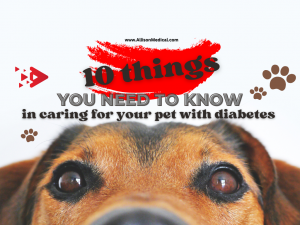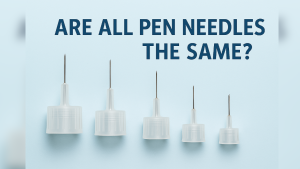Be sure to talk to your medical professional before making any treatment or equipment changes.
Pets with conditions like diabetes require the same care and precision as humans. Choosing the right syringe is a crucial part of managing a pet’s insulin therapy. Here’s how to make the best decision for your furry patients or companions.
Consider the Animal’s Size and Dose Requirements
- Small pets may need 0.3 mL syringes for accurate micro-dosing.
- Larger animals might require 1.0 mL syringes to accommodate higher insulin volumes.
Needle Gauge and Length
- 29 to 31 gauge needles are commonly used for pets.
- Needle length depends on the thickness of the pet’s skin and fur.
Look for Clear Markings Clear, precise markings help avoid dosing errors—a critical factor when working with animals who can’t vocalize side effects.
Use Safety Syringes When Possible Veterinary staff and pet owners are at risk of needlestick injuries. Safety syringes with retractable or shielded needles add a layer of protection.
Storage and Handling Store syringes in a clean, dry environment. Always use a fresh syringe for each injection.
Training for Pet Owners Veterinarians should offer hands-on training and visual aids to help pet owners feel confident in their administration techniques.
Conclusion With the right syringe and training, managing your pet’s health becomes a safer, more manageable task. Allison Medical provides a range of veterinary-grade syringes to meet every need.









